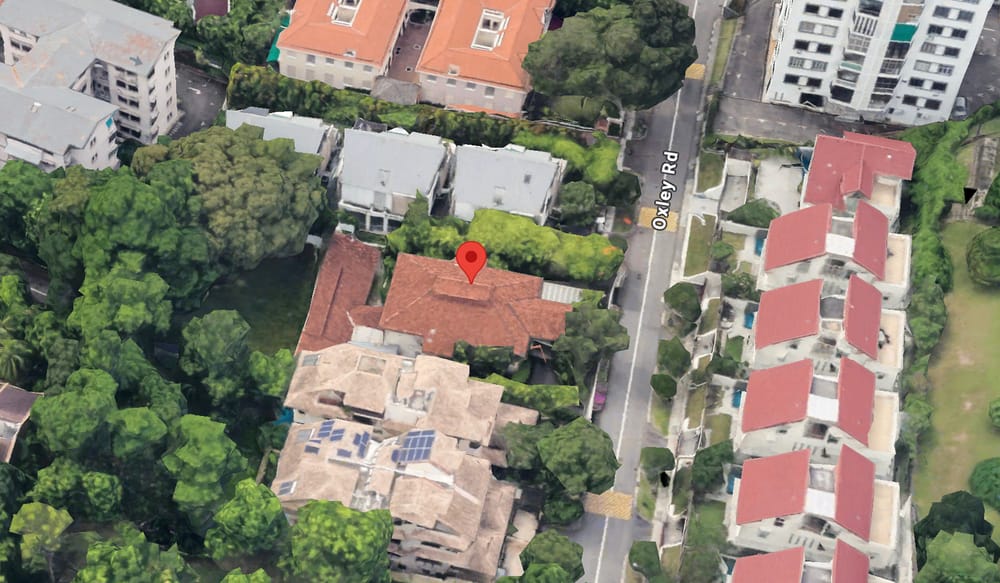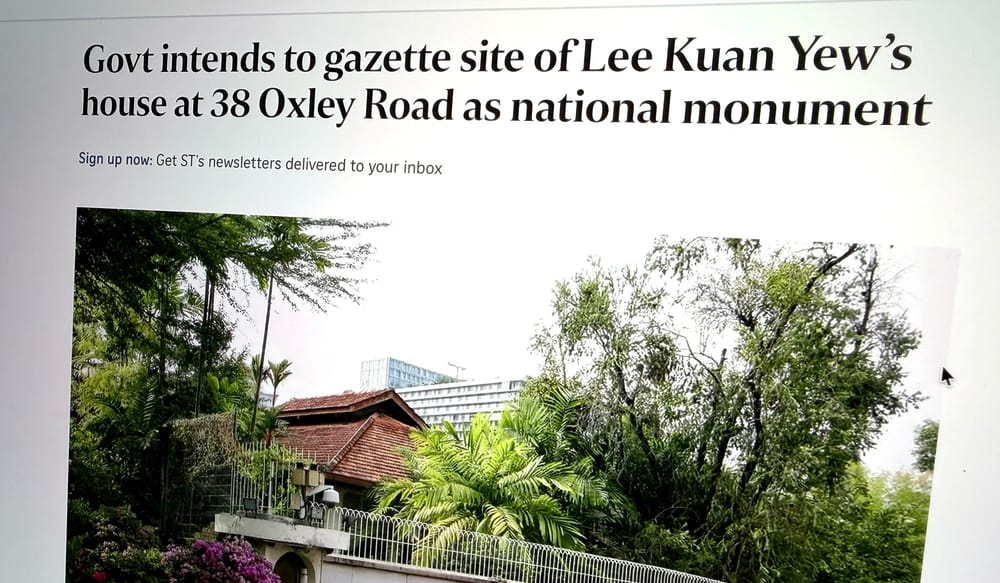People all over the world are often questioning what their MPs are really being paid for and, a lot of the time, I can't really blame them.So, Jamus Lim decided not only to share some anecdotes about how he used to cycle to work when he lived in the US but, more perplexingly, gave some infrastructural recommendations for implementation of cycling lanes in Singapore.Given that he provided no sources for the idea, it seems that the good doctor appears to be a born expert in everything you can imagine.I'm not going to comment on whether the proposal itself is good or not, because that's neither the point nor is it something that can be determined between non-professionals on Facebook.Any implementation of new traffic rules will have implications on the flow of vehicles across the nation and it's not a decision that can be made lightly.
My point is that in the era of social media, many members of the parliament (particularly those more concerned with their own popularity) are focusing on clicks and likes, rather than responsible policy proposals.Has the Workers' Party financed any, even small, studies on implementation of the idea? Has it even reviewed solutions from different countries or cities around the planet to make a well-argumented proposal on how and why a certain idea might be suited for Singapore?Not to my knowledge. This sort of suggestions can be made by the lay public, they can be a part of private conversations in the kopitiam, or even a random entry on reddit or someone's blog.
But when Members of Parliament are making proposals publicly they should have some basis for them. That's what they're being paid for.Not for random thoughts voiced on social media but for making sure that whatever they advocate for has sound support in data or practical experiences of someone else that can be examined and adopted to the local reality.Even opposition parties have their own resources. What is their use, exactly? Heck, a basic review of various cycling solutions from all over the world could even be made pro bono by a group of dedicated supporters.
The problem is, of course, that it takes effort that may not translate into more likes and shares. Posting random ideas that sound like a future policy recommendation, takes maybe half an hour and is enough to drive social media engagement - so, why bother with anything else?Unfortunately, this is something that appeals to many people who believe governance is easy and literally anybody could do it with billions of dollars from the national budget. One would hope that MPs can recognize the responsibility they carry on their shoulders, whether they represent the majority or not.Otherwise, indeed, any random uncle could be an MP too.










